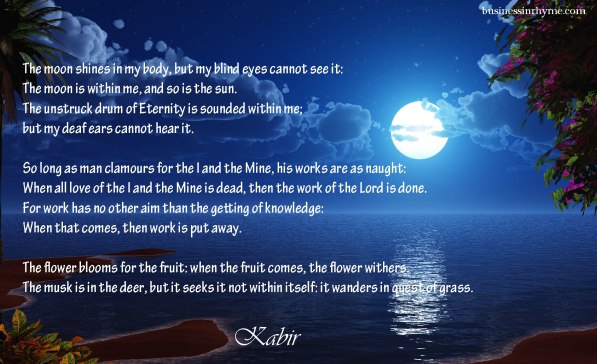This is a guest post, a courtesy of a fellow blogger and poet Jon Freedman – another enlightening story on how we can enrich our lives through words.
Hi. I’m Jon Freedman. My blog, middaymidlife.com chronicles the midlife changes I’m going through after my 28 year marriage ended last April.
In addition to writing about my journey, I write about books and music important to me. Though I haven’t written on poetry, my very first blog post concludes with a poem I wrote, Wrecked in Rejkavik
While i rarely write poetry these days, my appreciation for the art form has not waned. Certain poems remain so poignant, so powerful that I am forever awed and and perhaps, even a tad jealous of their existence.
A good poem blends sound and meaning. A good poem is a song without music, meant not to just be read, but read aloud. A good poem has no shelf life.
I’d like to present two poems by Charles Bukowski. The first dark, the second not. Extremely different but connected by the power of the simple words.
I discovered Bukowski late in life. I knew of him but wasn’t at all familiar with his oeuvre. I was somewhat familiar with his fiction, but not his poems.
Bukowski’s personal story is a fascinating study of an artist who finally reaches recognition later in life, enabling him to focus on his art. There are a ton of biographies on the Interweb, if you’re interested.
Reading about Bukowski’s life raises the debate over art appreciation and how critical it is to understand the context of the artist’s life. As an English professor, and writer, Nabokov summarized it best, “does one need to know the spider to appreciate the web?”
In literature I find myself leaning towards “yes”. Though not in music or fine arts for the most part.
What say you? I’d love to hear your perspective on the question of the importance of knowing an artist’s “backstory” for lack of a better term, to appreciate the creation.
Until then,
Stay in touch. Share, comment, connect!
Jon Freeman
The Meek Shall Inherit The Earth
if I suffer at this typewriter think how I’d feel among the lettuce- pickers of Salinas? I think of the men I’ve known in factories with no way to get out- choking while living choking while laughing at Bob Hope or Lucille Ball while 2 or 3 children beat tennis balls against the wall. some suicides are never recorded.
From Love is a Dog From Hell by Charles Bukowski
The Laughing Heart
your life is your life don’t let it be clubbed into dank submission. be on the watch. there are ways out. there is light somewhere. it may not be much light but it beats the darkness. be on the watch. the gods will offer you chances. know them. take them. you can’t beat death but you can beat death in life, sometimes. and the more often you learn to do it, the more light there will be. your life is your life. know it while you have it. you are marvelous the gods wait to delight in you.
From Betting On The Muse by Charles Bukowski
Jon Freedman is a Washingtonian whose love for words was inspired while growing up in a household where reading was much more than fundamental. After college, he worked in advertising and marketing. Jon has worked for start-ups, Fortune 500’s as well as marketing in pro sports. Along the way, he married, and has three adult daughters, who are the lights of his life. When he’s not reading, Jon is busy chronicling his own midlife experiences in the latest chapter of his journey. In addition to writing, Jon is an avid cook and lover of music. You can find his writings at middaymidlife.com
If you liked this post, please share. And, if you are interested in getting more inspiration for your creativity, sign up for our free monthly newsletter.


